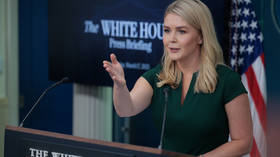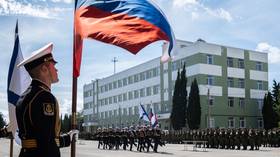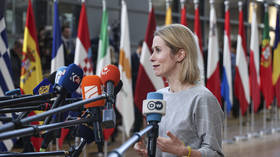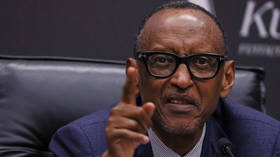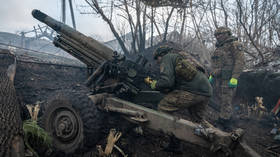Visa-free travel gets a lift from Russia-Poland agreement

Diplomatic efforts to break down the bureaucratic walls that hinder free travel between Russia and the European Union got a major boost as Moscow and Warsaw sign agreement on special visa-free regime.
Diplomatic efforts to break down the bureaucratic walls that hinder travel between Russia and the European Union got a major boost as Moscow and Warsaw sign agreement on a special visa-free regime.Russian Foreign Minister Sergey Lavrov and his Polish counterpart Radoslaw Sikorski signed an intergovernmental agreement in Moscow on Wednesday, regulating local frontier crossings for residents of Russia’s Kaliningrad Region and adjoining territories of Poland.Moscow, taking the long view, anticipates that the Kaliningrad-Poland agreement will be the first step in creating a visa-free regime with the entire EU."We hope that the signing of this agreement and its entry into force will serve as a precursor to a speedy transition to visa-free travel between all citizens of Russia and the European Union countries making up the Schengen Area," Lavrov said at a press conference following negotiations with his Polish counterpart in the Russian capital.Russia anticipates that “this agreement will precede a visa-free regime between Russia and the EU," he added.Moscow and Warsaw started working on lifting travel restrictions between Kaliningrad and Polish territory in 2008, and if all goes according to plan the agreement will come into force by the summer of 2012. The main hurdle that could delay passage of the agreement is the European Union limiting the width of frontier zones to 30 kilometers only.In a sign of improving relations between Moscow and Warsaw, Poland said it is calling for visas between Russia and the European Union to be scrapped, Polish Foreign Minister Radoslaw Sikorski said."Yes, visa-free travel in the border regions with Russia is being observed, and there are pre-conditions for the softening, and even reciprocal abolition of the visa regime," the Polish minister said.“On this we agree, here we are allies," Sikorski added.The visa-free agreement will be effective for the entire Kaliningrad Region and Poland's neighboring regions, including large urban areas like Gdansk and Olsztyn. Residents of those regions will be able to travel in the designated regions without applying for visas. At the border, travelers will have to produce their passports, together with a special permission card, which is expected to be issued by consular services of the two countries for two years initially, possibly being extended later for up to five years.According to the conditions of the travel regime, an applicant will be able to remain in the “frontier zone” for 30 consecutive days, or up to 90 days within a six-month period.Lavrov and Sikorski also touched upon the subject of the Katyn Massacre, an unfortunate chapter of World War II in which thousands of Polish nationals were executed by the Soviet police.Russia is of the opinion that the victims' political rehabilitation has become a fact and is now looking for ways to rehabilitate them legally."As for rehabilitation, we believe their political rehabilitation has taken place. The Russian leadership has made a statement on this account, and the Russian State Duma has adopted relevant documents," Lavrov said. "We are talking about legal rehabilitation now.”"Such decisions will be made so that we can remain within the legal framework and at the same time satisfy the families of the deceased," he said.On a lighter note, Sikorski invited Lavrov to attend the opening ceremony of the UEFA European Football Championship in 2012."I know that you are a football fan," Sikorski said at the beginning of his Moscow talks. "I would like to invite you to the Euro 2012 opening ceremony in Warsaw."The Russian foreign minister accepted the invitation."I hope I will be able to come," he said.Robert Bridge, RT



